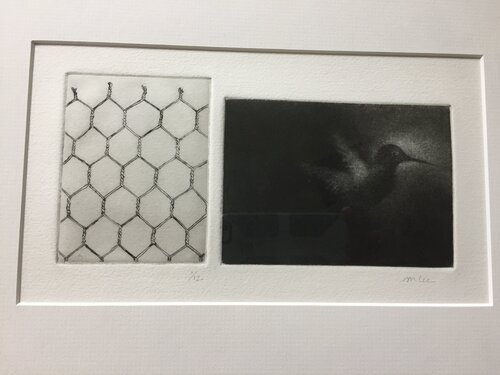

From Extraction Beyond Sustainability To Regeneration
…This is a pivotal time, a giant hinge moment that calls on us all to replace the currently still dominant model of EXTRACTION not just with the goal of SUSTAINABILITY, as has been advocated up to now by many progressive people, but with the ideal of RESTORATION or REGENERATION. And by “restoration” I don’t mean a return to the “normal” that may have worked for some people in the age before the coronavirus, but a return to the source, to ancient ways of being and knowing, in harmony with our plant and animal relations. We can see the need for this change in perspective in the three main areas of Chinese thought that I like to fall back on: Politics/economics, agriculture, and medicine. …
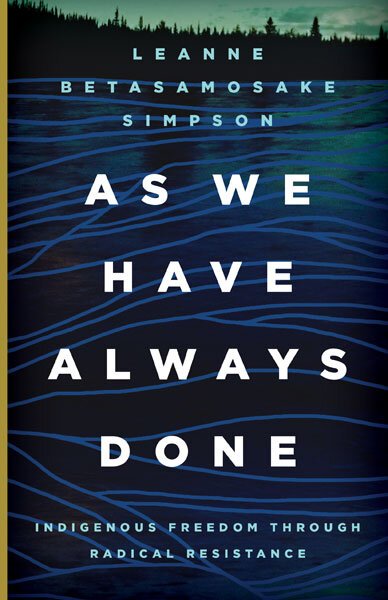
Accessing Knowing
My daughter is my hero! A radical shining activist studying political science and all sorts of fancy-worded things I don’t understand. She sends me the greatest book recommendations, including as one of the last books I was able to check out from the library before they closed due to Covid-19, this title: Leanne Betasamosake Simpson, "As We Have Always Done: Indigenous Freedom Through Radical Resistance. Besides giving great hope and inspiration, this fascinating book also contains a chapter on “Land as Pedagogy,” which contains a discussion of indigenous Nishnaabeg education. There I found the following quote, which strikes me as extremely relevant to my own search for sources of knowledge in traditional Chinese medicine and philosophy, both in general, in the context of climate change, and especially in this current pandemic when the complete failure and inadequacy of biomedicine and other modern systems of knowing has become more obvious than ever before
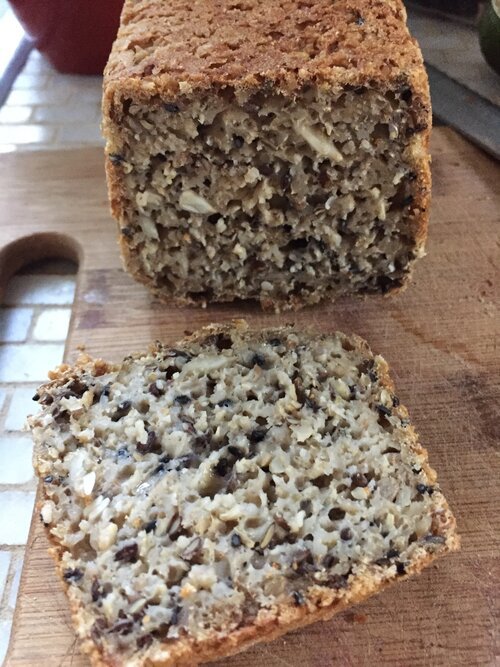
Making Bread
This blog post is a bit different, written in response to years of requests from friends and neighbors. It is something like a recipe for my infamous “Brick Bread,” but with the caveat that I consider bread baking most definitely an art and not a science that you can replicate. Too much of it depends on the stars, your ingredients, your menstrual status (I am not kidding, don’t try and make bread rise when you are on our moon time!), the humidity and temperature in your kitchen, your oven, your pans, the quality and nature and vitality of your starter culture etc etc. So take it all with a nice coarse chunk of Himalayan sea salt!

Spreading Abundance in a Pandemic
What follows is the text of a Happy Goat Productions newsletter that I sent out yesterday. To those of you who missed it, here it is….

Embracing the Middle
Mengzi: “Yangzi chooses acting on his own behalf, which means that if he could benefit all Under Heaven by pulling out even a single hair, he still would not do it. Mozi practices universal love, which means that if he had to rub himself raw from the top of the head to the heel of the foot to benefit Under Heaven, he would still do it. Zimo embraces the middle, which brings him closer. However, embracing the middle without expediently adapting to circumstances is still a form of embracing a single position. The reason why I dislike embracing a single position is because it strong-arms the Dao and because it elevates a single position and dismisses a hundred others.”

Establishing Life Through Water and Fire
My translation of ̌Shuǐ huǒ lìmìng lùn 水火立命論 (Treatise on Establishing Life Through Water and Fire), by Cài Yíjì 蔡貽績 from the Qing dynasty: “How are humans created? Humans are created in fire. They are created in the [third earthly branch] Yīn, which is fire. Fire is the substance of Yáng. Creation takes Yáng as the root of life. Human life takes fire as the gate of the lifespan (mingmen). Scholars say that heaven opens in [the first heavenly branch] Zǐ, and that Zǐ is the origin. Doctors say that humans are created from water, and that the kidney is the origin. Who is aware that Zǐ is the beginning of Yáng and that the kidney constitutes a fire organ/storage?…
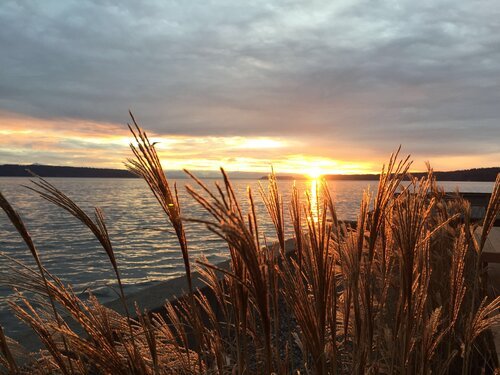
Losing the Gift of Bafflement
"Speaking of fakery, one of the great temptations of being a writer is to absorb the projections of readers who think you're an expert on some subject just because you have written a book about it... When my ego becomes bloated with the illusions of expertise, I risk losing the gift of bafflement that has always animated my best writing. I stop asking questions and start believing I have answers." (Parker Palmer, On the Brink of Everything)

A Heart Full of Great Compassion
Known in China and abroad as the “King of Medicinals,” Sun Simiao 孫思邈 is one of the most celebrated figures in the long history of Chinese medicine. He is also the author of China’s first – and still relevant – essay on medical ethics and professional cultivation, which is included in countless oaths of TCM schools worldwide. Despite Master Sun’s elevated status in both China and the West as one of its greatest practitioners, however, an official biography composed several centuries after his death and other historical documents offer not a single hard fact about his professional practice as a physician. To appreciate the significance of this fact, we need to look both at the context of medical practice in early China and the content of Sun Simiao’s teachings. With this understanding, we shall be prepared to read his famous essay “On the Sublime Sincerity of the Eminent Physician,” which I have translated below.
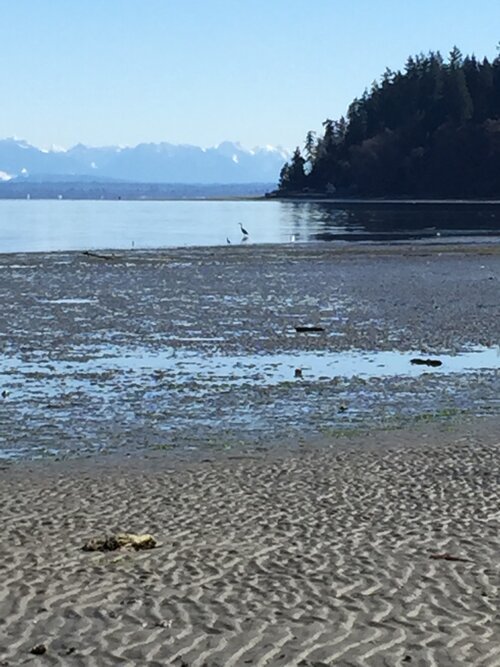
Tinier than Autumn Down
In honor of the transition to the New Year of the Metal Rat and my final writing efforts of the Pig Earth year, here is little taste from the Introduction to my forthcoming Channeling the Moon, Part Two: A Translation and Discussion of Qí Zhòngfǔ’s Hundred Questions on Gynecology, Questions 15-50, which addresses miscellaneous conditions of gynecology. The following is the literal translation of a quotation from Chén Zìmíng’s 陳自明 introductory essay of the Fùrén dàquán liángfāng 《婦人大全良方》 (Compendium of Excellent Formulas for Women) composed in 1237

The Yin and Yang of Education
Being an educator in the field of classical Chinese history, culture, and medicine, it is impossible for me to avoid a critical engagement with the topic of education spanning three areas: as envisioned in classical Chinese philosophy and politics, as practiced in various forms throughout the history of Chinese medicine, and as enacted today in both institutional and private educational settings…
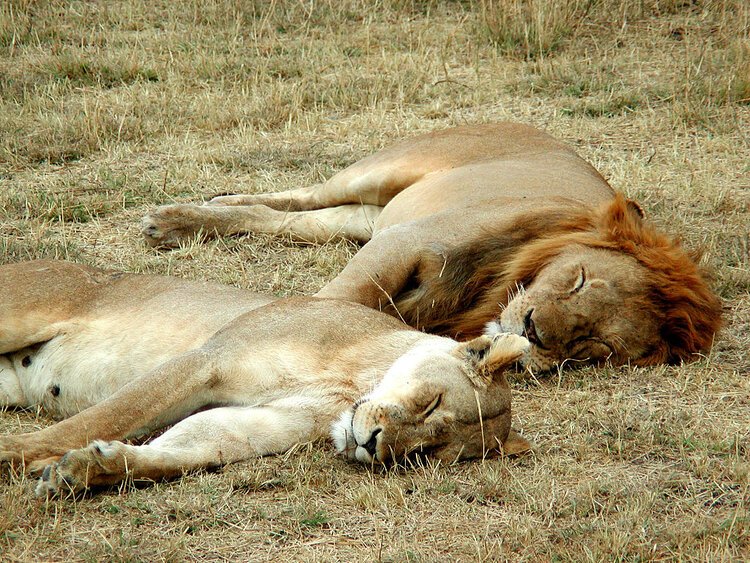
Classical Chinese Sleep Hygiene
This brief exploration of advice on sleep hygiene from classical Chinese medical and Daoist texts originated with my translation project on the “Hundred Questions on Gynecology.” In Question 49 on the “Thirty-Six Diseases Below the Belt,” the author discusses “harm from sleeping” as one of the seven harms that cause women’s illnesses. When a curious reviewer of my manuscript asked me to explain, I had to go down that rabbit hole, at least briefly. Here is what I found and write in my discussion…
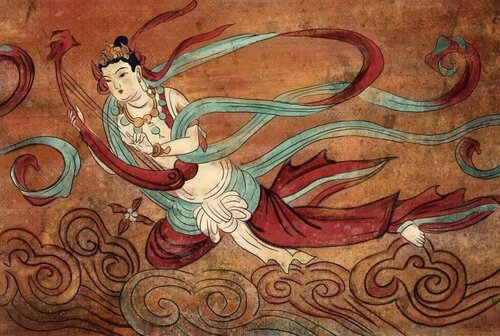
Women’s Health in Medieval Manuscripts
In contrast to the beginnings of classical Chinese medicine in the Han period, our knowledge of early medieval medicine is still sketchy. This is due largely to a lack of sources. Of the more than 100 medical texts recorded in the Old Tang History (Jiùtángshū 《舊唐書》, 945 CE), only four have survived in the received literature from the early medieval period: Cháo Yúanfāng’s 巢元方 Zhūbìng yuánhòu lùn 《諸病源候論》 (On the Origins and Symptoms of the Various Diseases, 610 CE), Sūn Sīmiǎo's 孫思邈 Bèijí qiānjīn yào fāng 備急千金要方 (Essential Formulas worth a Thousand in Gold for Every Emergency, 652 CE, in the following discussion abbreviated as Qiānjīnfāng), his Qiānjīn yìfāng 千金翼方 (Supplementary Formulas worth a Thousand in Gold, 682 CE), and Wáng Xī’s Wàitái mìyào 外台秘藥 (Essential Secrets From the Palace Library, 752). Other texts are known only from quotations in compendiums like the Japanese Ishimpō 醫心方 (Prescriptions from the Heart of Medicine, 984 CE), a collection of early medieval Chinese medical literature by a Japanese court acupuncturist. The other great source for medical literature from this period is the corpus of medical manuscripts found in Dūnhuáng 敦煌, which date mostly to the Suí and early Táng periods.

Questioning Menopause Part Two
MENOPAUSE PART TWO: WHAT’S IN THE TEXTS?
How do the Chinese classics talk about menopause? To be meaningful, our inquiry has to be expanded a little beyond the obvious and technically correct answer: Since the concept of “menopause” does not even exist in traditional Chinese medicine or language, the medical classics do not talk about it at all.
That may be the case, strictly speaking, if we define “it” narrowly as the “pathology of age-related cessation of monthly bleeding.” As contemporary practitioners of Chinese medicine in our modern biomedicalized society, however, we still need answers for our friends, family members, and patients who come to us with conditions that they experience as pathological. So how do the classical texts discuss the aging process of women, especially in contrast to that of men? And how might these descriptions be used in the contemporary context?

Questioning Menopause Part One
“What do the Chinese classics have to say about menopause?”
It shouldn’t be such a difficult question, but for a number of interesting reasons it is.
…In regards to a potential Chinese translation for “menopause,” the only thing to note here is that this term actually has no equivalent in traditional Chinese medical (or other) texts! The closest equivalent is the concept of “a menstrual period that fails to flow through” (月經不通) or similar expressions of blockage and lack of flow/penetration.
Spelling Classical Titles in Pinyin
Based on much thought and some very helpful information shared with me by the librarian at Stanford University, I have decided to implement a major (and pretty painful) change in how I format classical Chinese titles in pinyin for Happy Goat Productions. Note that this post is very nerdy and probably irrelevant to many innocent readers.

Lower Leg Qi
The following is another excerpt from my ongoing translation project, the “Hundred Questions of Gynecology” 女科百問 by Qí Zhòngfǔ from 1220 CE. “Question Twenty-Nine: What is the Reason for Women Suffering from Pain in the Ten Toes as If They Were Being Fried in Oil, and Experiencing Heat Pain When Covered up and Cold Pain When Exposed to Blowing Wind?” … The key points to take away from earlier medical literature on the disease of Lower-Leg Qì are as follows: It is a condition that can express itself in numerous ways and does not have a single cause or even key symptoms. Nevertheless, it is, at least was originally, associated with pathological wind that invades the body through the feet. …

Cultivating Yin, Practicing Wuwei, Disengaging from Social Media
…I have always taken it for granted that as life-long students of this deep, complex, and complicated medicine, we all embrace this challenge and appreciate it when other people, with different backgrounds and skills, teach us things that we don’t know. In my experience, people are attracted to the field of medicine and the role of physician primarily for two reasons: Most students I know get into medicine because of a pure and sincere desire to alleviate suffering and to help others. Some people, however, are attracted to the role of the doctor because it makes them an authority, because it gives them power because they are put in the position of telling others where they are wrong and of “fixing” them….

Traditional Chinese Gynecology in the West
In the context of my most recent book publication, a translation and discussion of the first section of an important thirteenth century text on gynecology, I have been thinking a lot about the current state of clinical practice of what I call “traditional Chinese gynecology” in the West. To be frank, for years now I have been hearing or reading statements that are appalling to me in their arrogance and ignorance vis-a-vis what I consider one of the crowning achievements of traditional (note the small “t”) Chinese medicine.

Sun Simiao on Fertility
The following is an excerpt from the 75-page historical introduction to my newest publication Channeling the Moon, a translation and discussion of the first fourteen questions of Qí Zhòngfǔ’s 齊仲甫 Nǚ Kē Bǎi Wèn 女科百問 (“Hundred Questions of Gynecology,” published in 1220 CE). This excerpt includes a brief introduction to the Bèi Jí Qiān Jīn Yào Fāng 備急千金要方 (composed by Sūn Sīmiǎo 孫思邈 in 652) and a survey of Sūn Sīmiǎo’s ideas on fertility. For more on early Chinese gynecology and fertility, see the information page for my book Channeling the Moon in my ONLINE BOOKSTORE HERE. The photographs below, most of which have also made it into the book, are from around my home on Whidbey Island, but here you get the colored version.